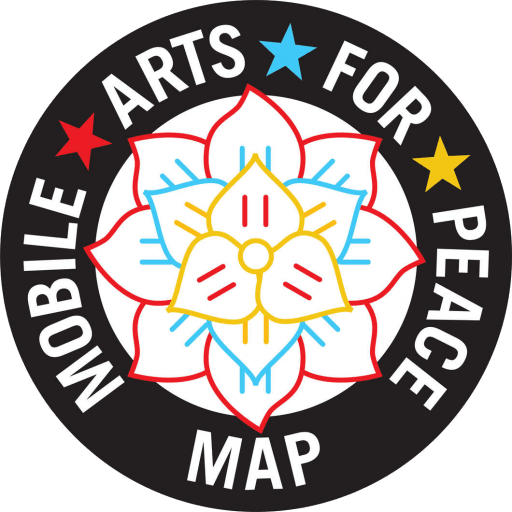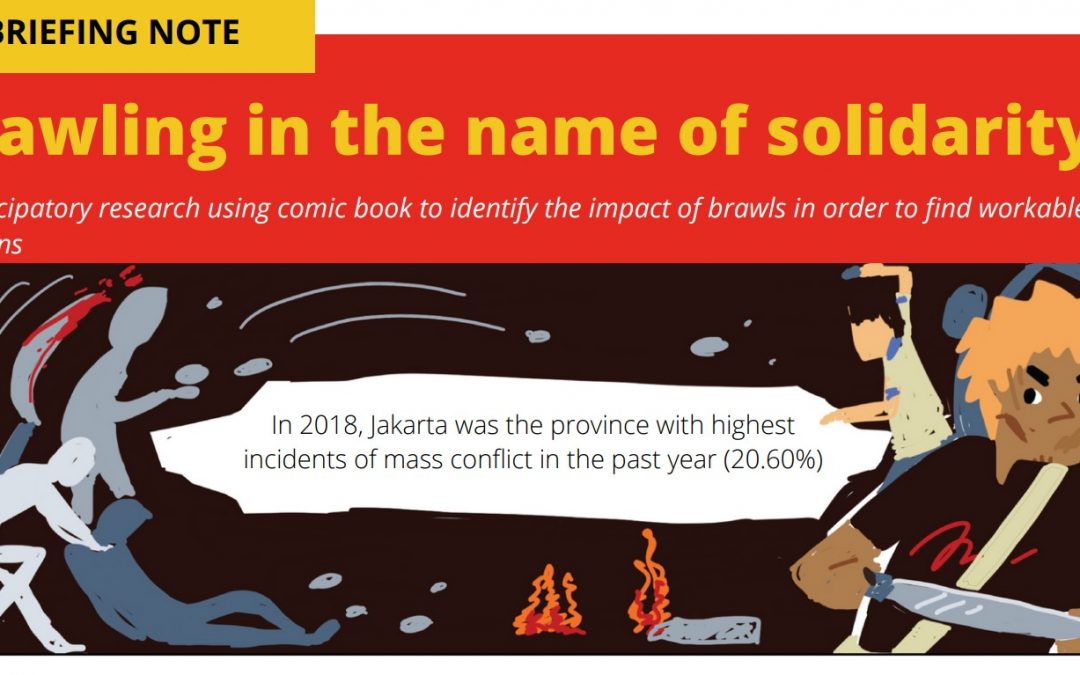MAP Indonesia: Informing Youth Policy through Arts Based Methods
By Harla Octarra from Atma Jaya, Indonesia
This short video shows the journey of how MAP young researchers collaborated with various stakeholders to gradually inform youth policy through research, creating art-forms and an audience with local government. Told from the perspectives of Ibnu, Indri, Haikel, and presented by Harla (as MAP Co-Investigator in Indonesia), the video opens with Harla giving a short introduction to key MAP activities in 2020 and 2021. The opening emphasises how MAP created a space for dialogue and collaboration between young people and cultural artists, which continued to create spaces for dialogue with the community and local government.
The three young people take turns to explain their research process. Engagement between the young people, cultural artists, youth facilitators and the local leader took place during the research processes sheds light on how participatory art-based research can be done. Two-types of briefs, namely policy papers and behind-the-scenes video, are briefly explained as effective mediums in capturing how film and comic books brought readers and viewers closer to the issues. Pointing to the fact that after reading the comic book and seeing the film they felt they could then deeply dialogue about the issues of brawls and sexual violence that the two art-forms raised.
The next steps for informing policy started with an audience with local government and the Art Council who hoped for possible artistic collaborations in the future. The video closes with Harla’s remarks on the potential activities and engagement in 2023 and 2024, which MAP young researchers have and will take part in. These include participation in government-led discussions on child participation policy, becoming facilitators of the National Children’s Consultation Forum, and using arts-based approaches in future research and advocacy.
The full video can be accessed here:



Recent Comments